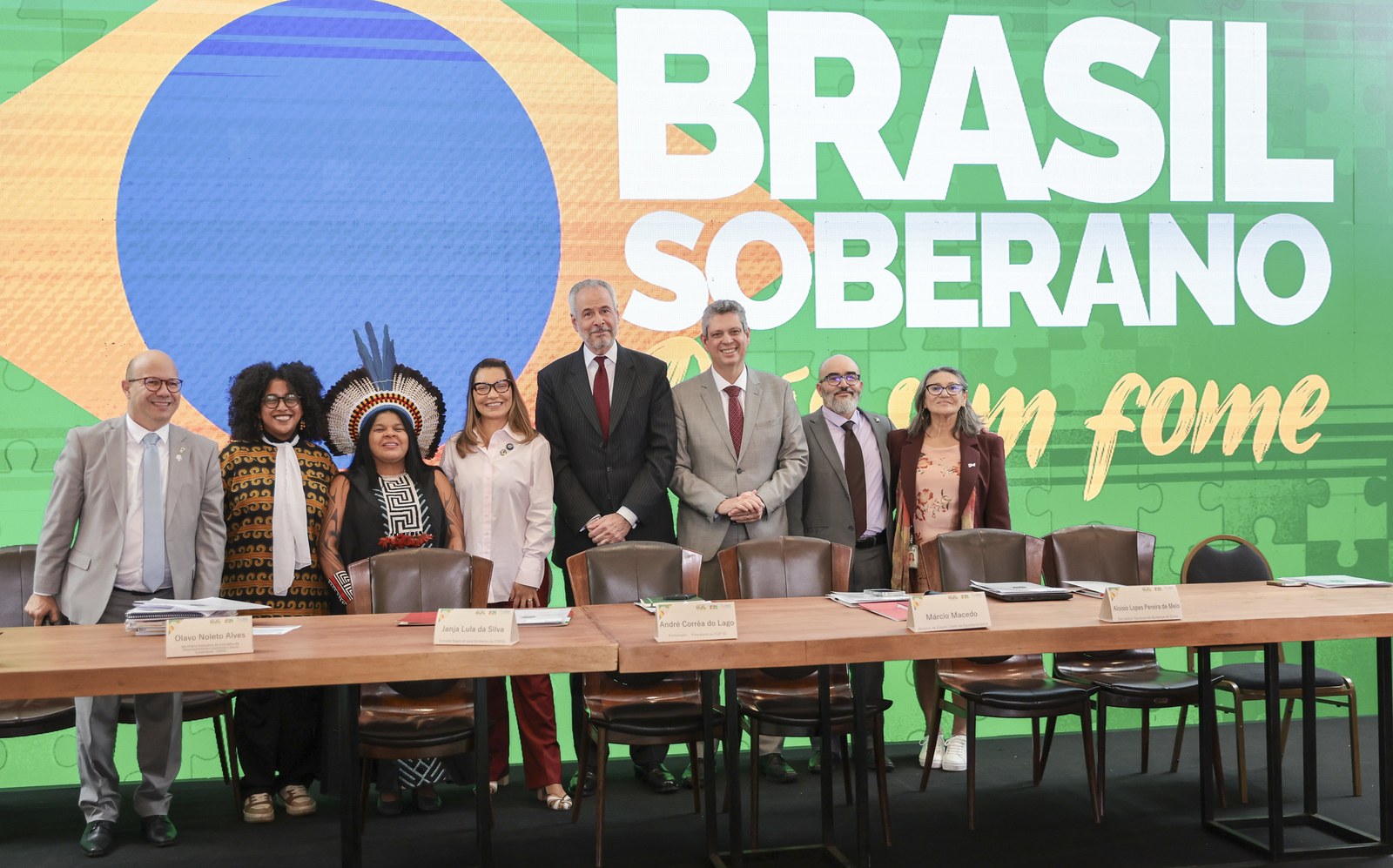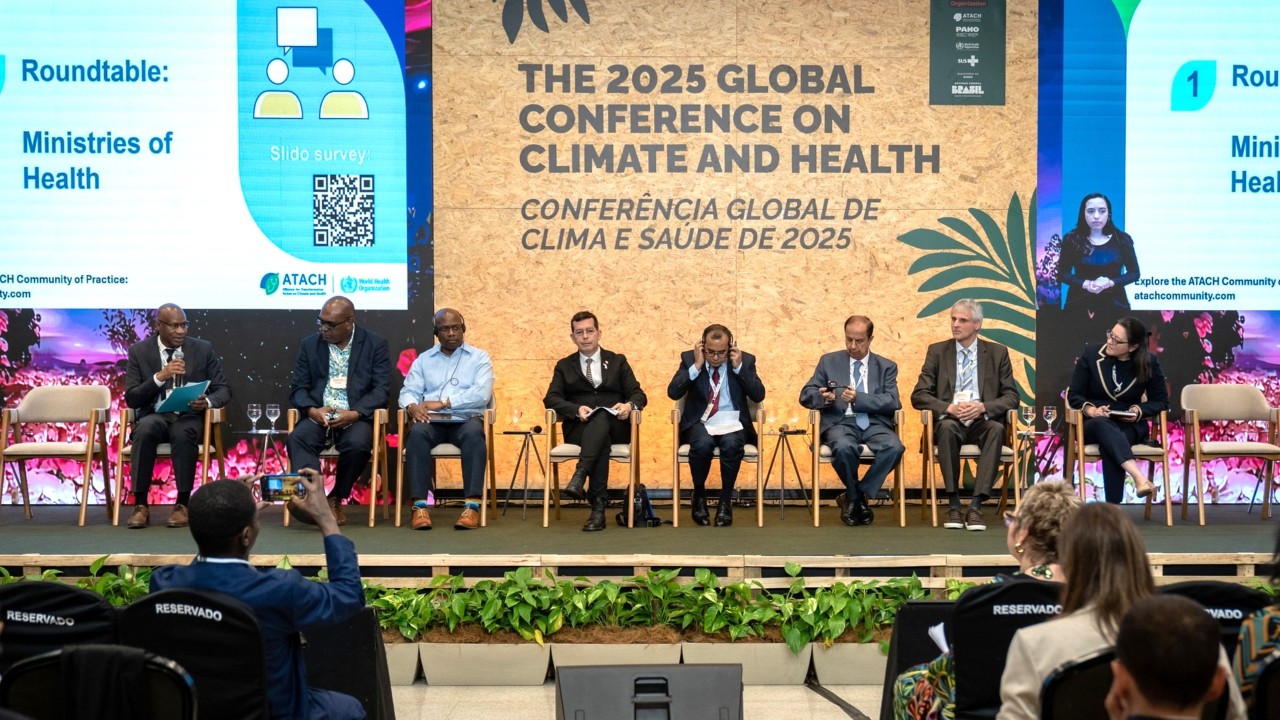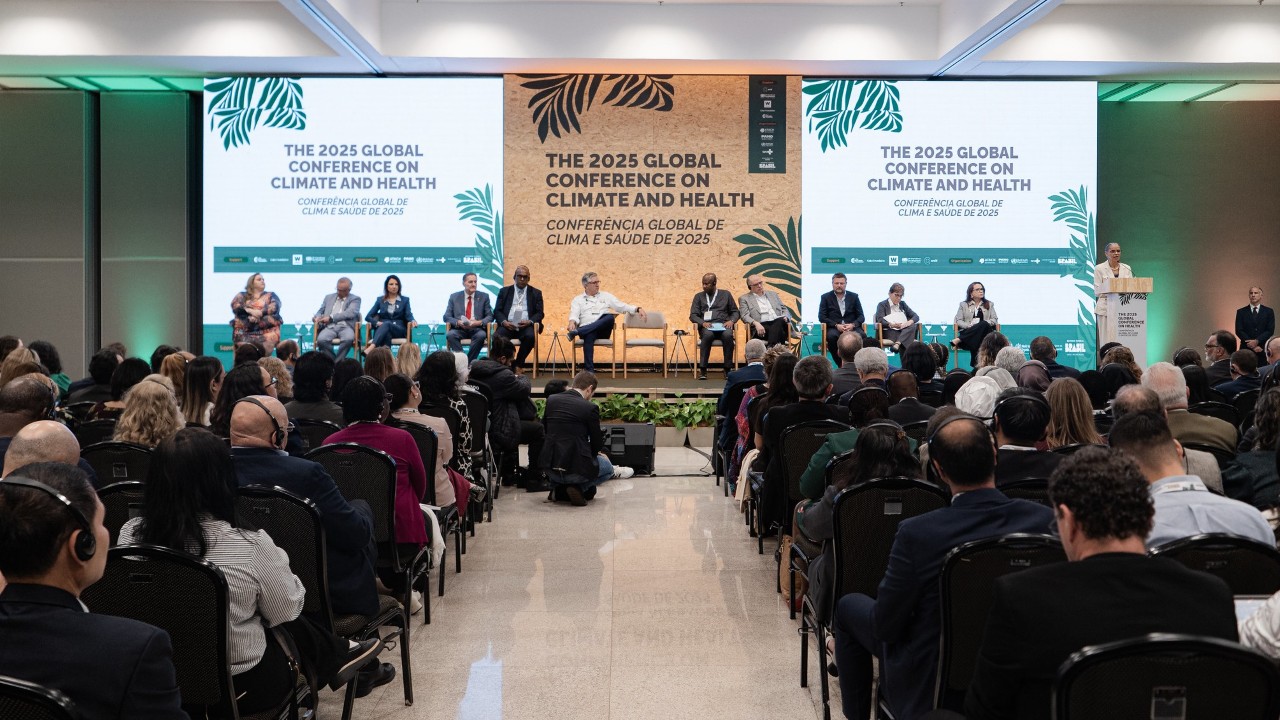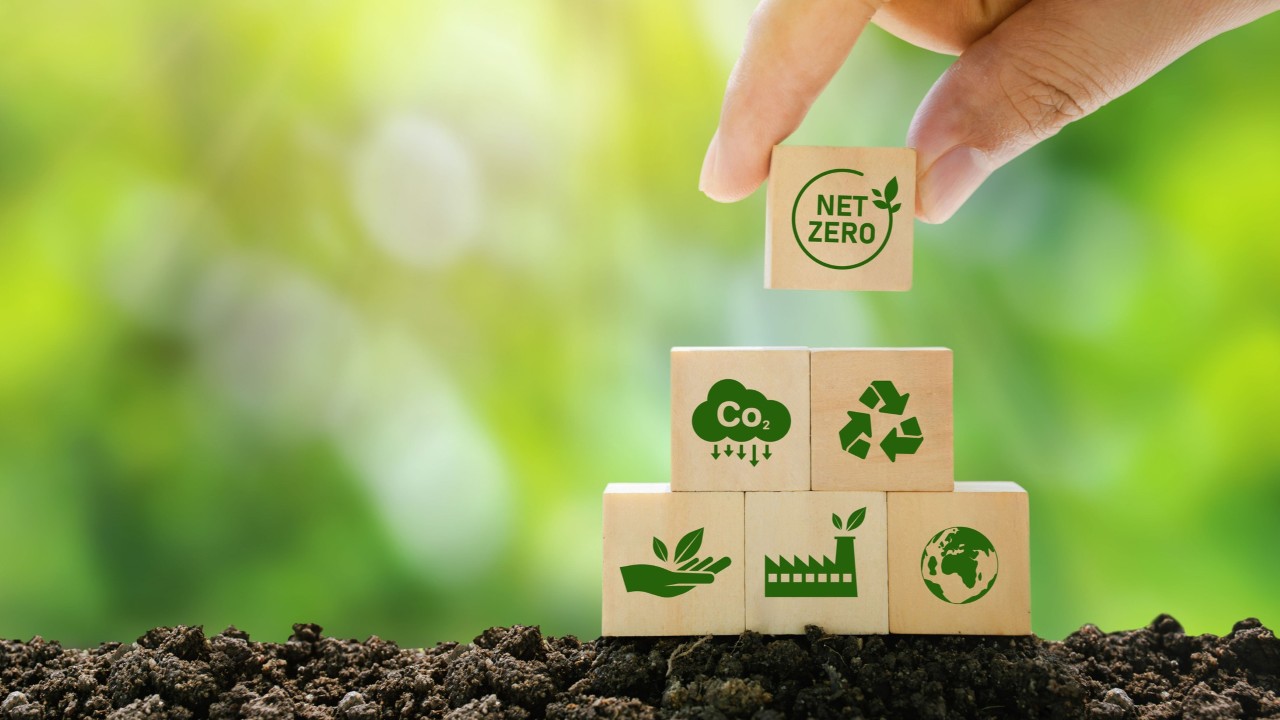COP30 Presents Climate Action Agenda at Brasil’s Council for Sustainable Development
The “Conselhão” is a presidential advisory body that develops studies and recommendations on public policy across a range of key issues.

By Mayara Souto / COP30
COP30, the importance of collective mobilization, and pathways for climate action were the central themes of Tuesday’s meeting of Brasil’s Council for Sustainable Economic and Social Development—known as the “Conselhão”—held on August 5 at the Ministry of Foreign Affairs (Itamaraty).
Ambassador André Corrêa do Lago, President of COP30, emphasized that this will be a conference defined by action and the implementation of concrete solutions.
“This COP will bring new ideas, new actions—a host of solutions that will show the world, and us Brazilians as well, just the extent to which Brasil is a cradle for climate solutions,” he said.
According to Corrêa do Lago, the COP30 Climate Action Agenda was designed to consolidate the key elements of the Global Stocktake (GST) from the Paris Agreement, launched at COP28 in Dubai. The agenda proposed by the Brazilian COP30 presidency is built around six pillars and 30 commitments—an organized distillation of the 490 topics addressed in the action agendas of the last ten COPs. The goal is to draw the attention of those responsible for implementing climate initiatives—local governments, civil society, the private sector, and academia.
“The presidency team has managed to bring together all the groundwork that has already been laid, so we are not reinventing the wheel,” said Corrêa do Lago. “We’re building on what has already been decided. We are receiving an extraordinary amount of support, in the spirit of a collective task force. Everyone knows the direction we need to go, and each one is doing their part, in their own way and at their own pace.”
In this spirit, Climate Champion Marcele Oliveira underscored the importance of the collective effort proposed by COP30. “When we join forces in a task force, it is because we want to solve a problem. We want to take action. We want to turn this into a COP of implementation,” she said.
Diversity
Janja Lula da Silva, First Lady of Brasil and COP30 Special Envoy for Women, also attended the meeting and emphasized the importance of inclusive climate action as a means to reduce inequality. The role of COP30 Special Envoys is to engage the public in diverse climate-related issues.
“Our challenge is to ensure the Climate Action Agenda contributes to overcoming inequalities—in access to sanitation, clean water, dignified housing, food, and health—not only in Brasil but globally,” Janja said. “Addressing climate issues requires an ethical foundation, and an understanding that political decisions and mitigation and adaptation measures will only be effective if they are accessible to the populations that need them most.”
“Women are at the forefront of climate solutions. In Amazonian communities, they lead sustainable land management practices, biodiversity conservation, the transmission of ancestral knowledge, and adaptation to climate change. In cities, women drive the circular economy, urban agriculture, and environmental justice movements,” she added.
Janja also noted the challenge of creating a Gender Action Plan for the Conference, an update to the Lima Work Programme on Gender agreed at COP20. This year marks the first phase of the new plan’s development, following the ten-year extension of the Lima Programme at COP29.
“You know COP negotiations can be extremely tough, and we are navigating a complex international landscape, with the weakening of multilateralism. We continue to face climate denialism, disinformation, and attempts to roll back women’s and girls’ rights. We saw this during the G20 negotiations and at this year’s UN Commission on the Status of Women (CSW),” said Janja, who is also a sociologist. She noted that the G20’s gender working group, for example, failed to adopt a final ministerial declaration due to a lack of consensus.
Also speaking on the social dimension of the Conference, Brasil’s Minister of Indigenous Peoples, Sônia Guajajara, stressed the importance of territory at this COP. “Bringing COP to the Amazon is symbolic—but beyond that, it is pedagogical. It teaches us that the Amazon is home to people, people who live in relationship with the forest. Those who come to Belém will have the opportunity to understand that the Amazon has its own ecosystems and its own challenges. And Indigenous peoples, with their ways of living well in harmony with the forest, have much to teach the world,” she said.
Guajajara leads the Circle of Peoples, one of five thematic groups proposed by Brasil to expand COP30’s capacity for coordination and mobilization toward its desired outcomes.



